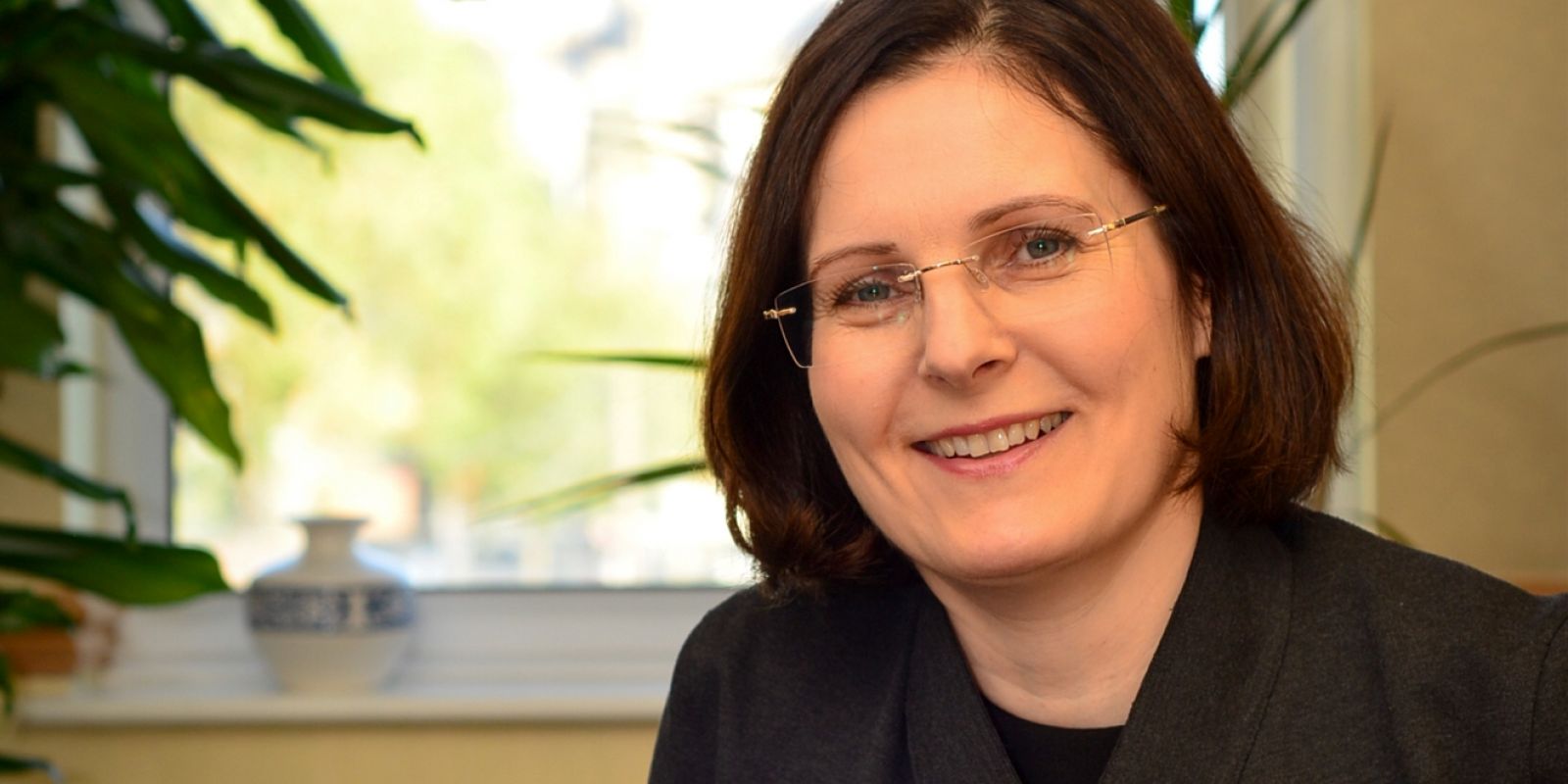Ursula Lidbetter explains her new role on the UK Food and Drink Sector Council.
The issue of food and drink sustainability is important not only to Lincolnshire and the Greater Lincolnshire LEP, but for the whole country, particularly as the UK prepares to withdraw from the European Union.
Trying to increase sustainability within the British food chain is not an easy task. As an island nation, the importance of food sustainability is matched only by its complexity. It’s like asking one of Lincolnshire’s many potato farmers how they grow the perfect potato. They will tell you that there’s so much more involved than just putting a seed potato in the ground.
From my years of working within the food industry, I know that the only way to tackle the issue is with cross-departmental support within Government combined with an input from the UK’s food growers and drink providers.
If we are to move to greater sustainability, Lincolnshire must lead the debate from within. Thankfully, we already are. Last year I was appointed to sit on the UK Food and Drink Sector Council, to represent not only Greater Lincolnshire but also the 38 Local Enterprise Partnerships in England.
The food and drink industry is a priority sector for Greater Lincolnshire. Our area is responsible for growing 11% of England’s food and processes 70% of England’s fish, making Greater Lincolnshire an important area for national food security.
At the start of this year, the newly formed Food and Drink Council met with Michael Gove, Secretary of State for the Department for Environment, Food and Rural Affairs (DEFRA). It’s good to see this issue being talked about at the highest level of Government and my role allows me to provide feedback from Lincolnshire food growers who work in the industry.
Mr Gove challenged the council to think about the support we need across Government, linking areas such as health, skills and transport to deliver a more productive and sustainable food chain.
The full council will meet a few times a year, but we have been asked to set up a series of working groups, each chaired by a council member, to give advice to Government on seven issues. Working groups have already been set up on agricultural productivity, nutrition, skills and workforce supply, innovation; and more groups are being established to look at logistics, packaging and exports.
As this process gets moving I will continue to report back to Greater Lincolnshire and the LEP’s own Food Board. The views and thoughts of Greater Lincolnshire’s food growers are important to me and I always welcome feedback or comments which you think the UK Food and Drink Council should be focusing on.
Ursula Lidbetter MBE is Chief Executive of the Lincolnshire Co-op and Chair of the Greater Lincolnshire Local Enterprise Partnership.


